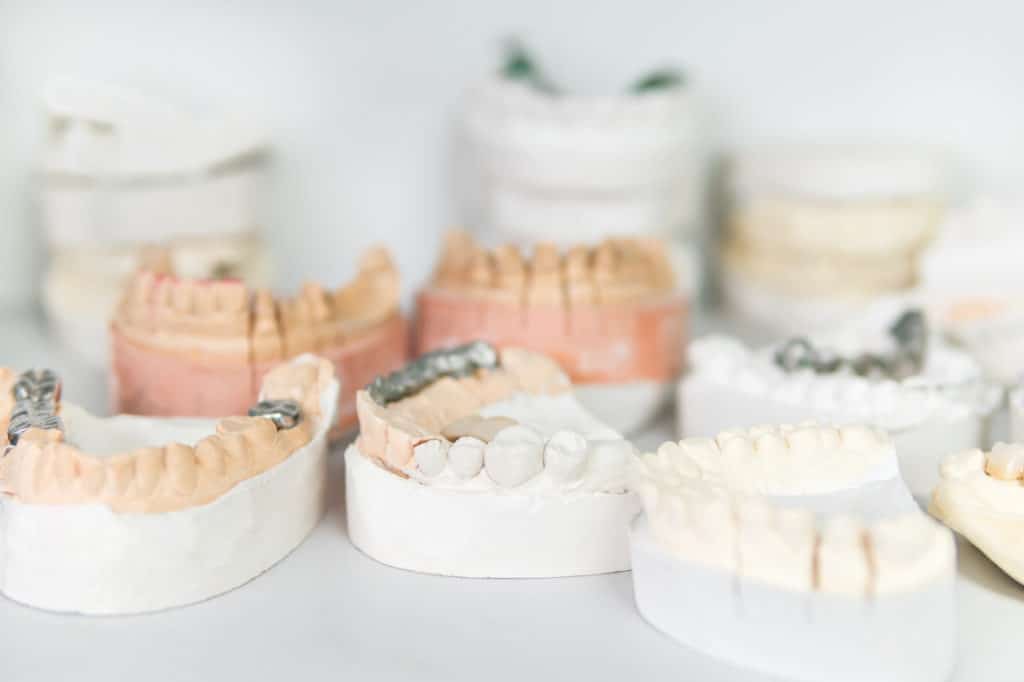
Within the dental field are several types of specialties; however, most dentists, regardless of their specialty, offer restorative dentistry procedures.
Restorative dentistry focuses on repairing a patient’s mouth to optimal form and function. Have a missing tooth? A chipped tooth? Damaged tooth? Several missing teeth? Cavity? Several restorative dental techniques address these issues, so your smile remains beautiful and operational.
Fillings
In the past, most dentists used silver amalgam fillings to treat cavities. Doubts about the safety of silver fillings led dentists to seek an alternative. Today, many dentists, like Dr. Helen Ragsdale, prefer composite resin fillings for the following reasons:
- Composite resin doesn’t contain mercury
- Patients experience less dental sensitivity
- Composite resin appears more natural
- Requires less preparation
Fillings are placed in a tooth after a dentist has removed all of the bacteria from inside the tooth. Once dried, the filling acts as a barrier to the tooth which reduces the risk of more decay.
Dental Crowns
Dentists recommend dental crowns for several reasons, such as:
- Protection for a weak tooth
- To hold parts of a cracked tooth together
- To restore a worn-down tooth
- A tooth that has more filling material than natural tooth structure
- A root canaled tooth
Dental crowns are also used in conjunction with dental bridges and dental implants.
Patients who need dental crowns should talk to their dentist about the pros and cons of each dental crown material before making a final decision.
Dentures
Dentures are a great option for patients with an entire row of missing teeth. Dentists and technicians work together to create realistic and natural-looking smiles for their patients. This involves taking precise measurements of the mouth, choosing between acrylic or porcelain teeth, and considering the patient’s face shape and symmetry.
Modern dentures are comfortable, lightweight, and durable. However, they do require extra care and responsibility. Patients should expect to have their dentures reshaped and refitted every couple of years.
For a more permanent and stable restorative dentistry option, consider a dental implant or dental bridge.
Dental Bridge
Dentists may recommend a dental bridge to patients with one, two, or three missing teeth in a row. A dental bridge literally bridges the gap between two teeth.
A traditional dental bridge is made up of two crowns and one to three prosthetic teeth. The dentist attaches the dental crowns to the patient’s natural teeth and the prosthetics hang in the gap. Because the bridge is secured by healthy teeth, the bridge is secure, durable, and fully functional.
Dental Implants
A dental implant is the closest thing to a natural tooth as patients can get. The implant is a small, screw-like rod that takes the place of the tooth root. To place the implant, the dentist makes a small incision in the gums and inserts it into the jawbone. This usually takes about three to six months to heal.
Once the surgical site has healed, an abutment and dental crown are placed atop the implant, completing the procedure. The dental implant process is nearly 100 percent successful, the implant is extremely durable, and they last a lifetime.
Modern Restorative Dentist in Austin, TX
Dr. Ragsdale uses the latest techniques and technology to ensure every patient receives the most advanced care. Whatever your needs, we can meet them! To schedule an initial consultation at Austin Laser Dentist, call (512) 346-4690 today.

